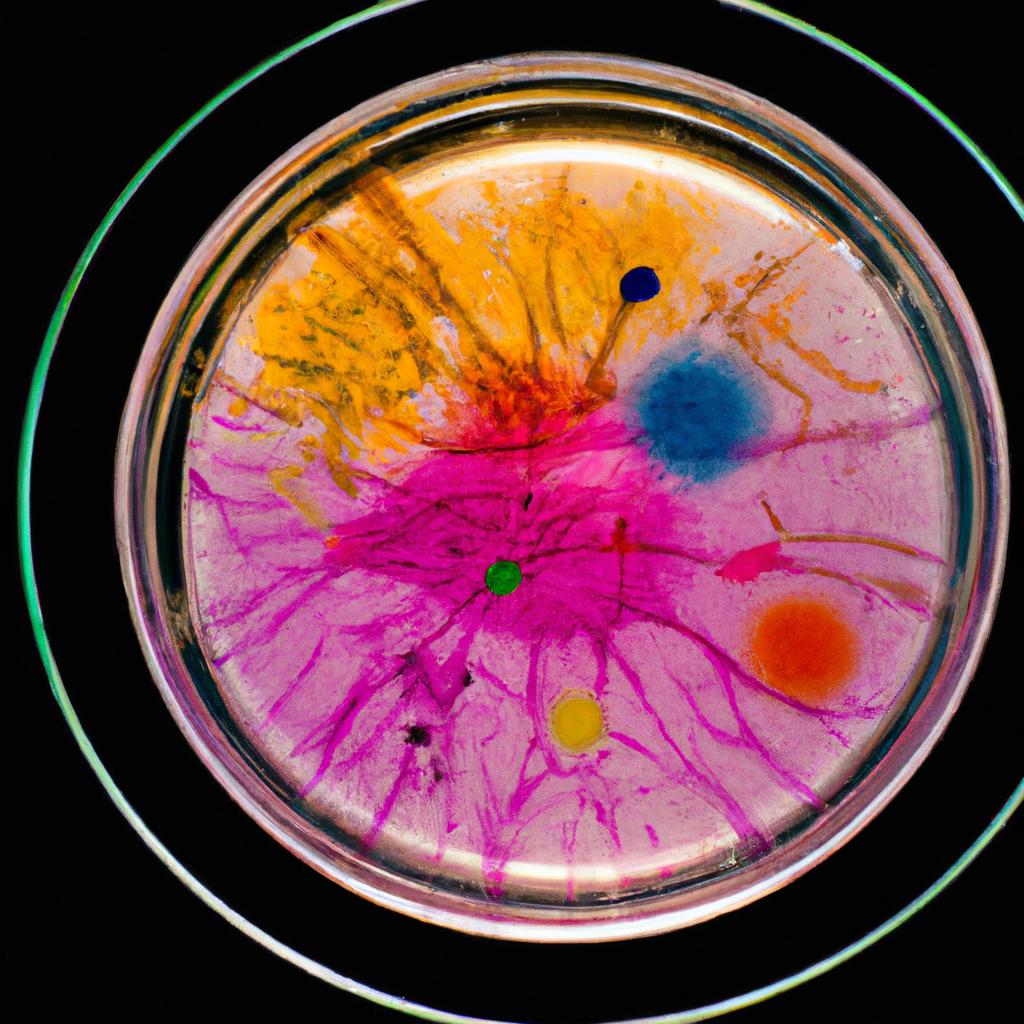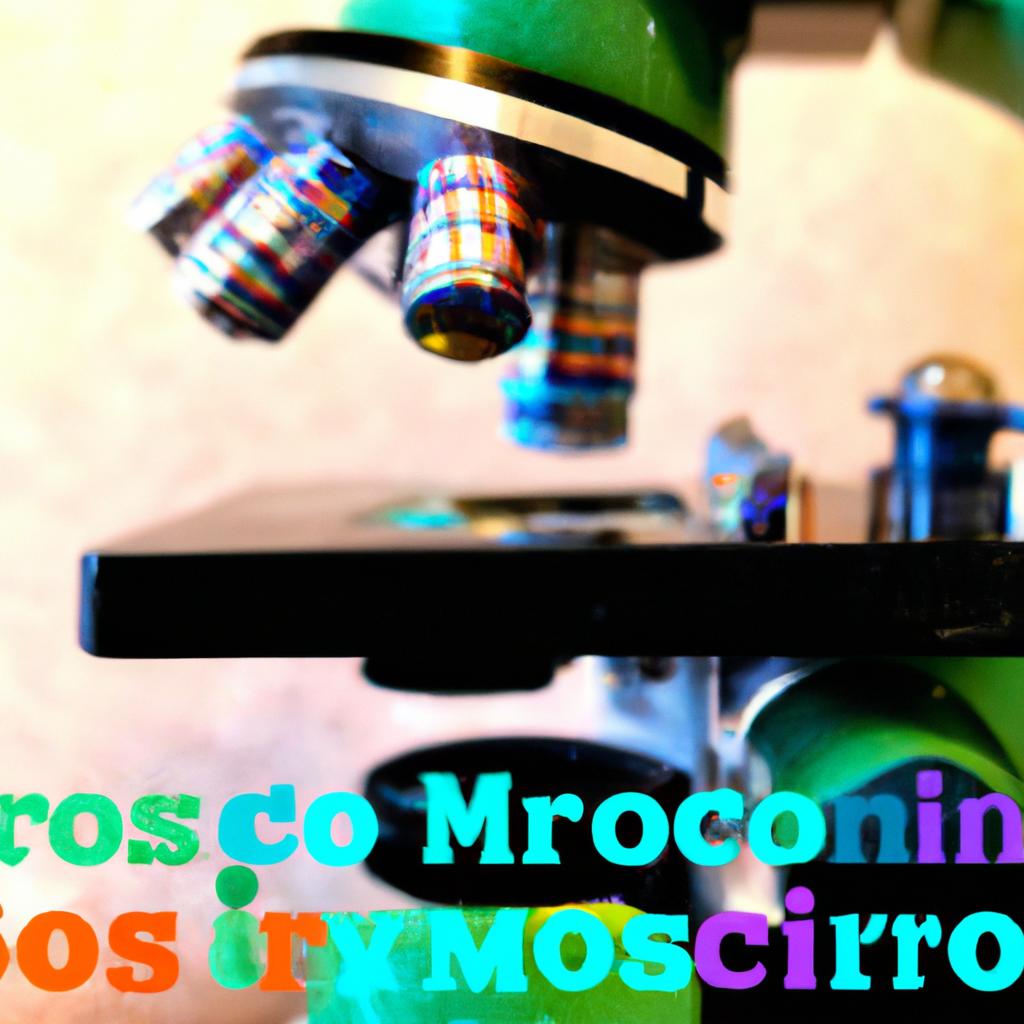Introduction to Precision Medicine
Precision medicine is a personalized approach to healthcare that involves collecting and analyzing detailed information about an individual’s genetic makeup, lifestyle, environment, and gene expression in order to provide the most accurate diagnosis and treatment options possible. It is an emerging field that is transforming the way healthcare is delivered by providing a more tailored and individualized approach.
The goal of precision medicine is to improve patient outcomes and reduce healthcare costs by providing treatments and interventions based on an individual’s unique characteristics. By understanding each person’s health profile, patients can receive more targeted and effective treatments for their specific medical needs. This will lead to improved quality of care, improved patient satisfaction, and reduced healthcare costs in the long run.
The benefits of precision medicine extend beyond the individual patient, as it holds great potential to enhance public health. By uncovering new insights about human health, researchers can design prevention strategies that are better tailored to a particular population. Additionally, the vast amounts of data collected through precision medicine initiatives can be used to provide insights into disease processes and help identify new treatments.
Precision medicine is an innovative approach to healthcare with the aim of providing personalized treatments and diagnostics to individual patients. This involves taking into account a range of factors, such as a person’s genetic makeup, environment, lifestyle, and medical history, to provide treatments tailored specifically to them.
The core areas of focus in precision medicine are the development of new technologies, approaches, and therapies that are tailored to individual patients. These include genomic and molecular tests, biomarkers, personalized medications, predictive analytics, and artificial intelligence-enabled decision support systems.
The objectives of precision medicine are to improve the effectiveness of treatments by better understanding the nature of diseases, predicting which treatments may be most effective, and developing personalized treatments. It also seeks to reduce the cost and time it takes for diagnoses and treatments.
In addition, precision medicine also seeks to enhance patient safety by minimizing the risk associated with off-target effects of treatments, reduce unnecessary exposures to treatments that may not be effective, and ensure the patient receives the best possible treatment.
The Benefits of Precision Medicine
Precision medicine is revolutionizing the way doctors diagnose and treat illness. By taking a personalized, targeted approach to healthcare, physicians can better identify the root cause of a patient’s ailment and make more informed decisions on treatments. This type of individualized medicine can provide significant advantages for both patient and doctor.
One of the major benefits of precision medicine is personalized treatment plans. Through detailed analysis of an individual’s medical history, genetic makeup, and lifestyle, doctors can tailor treatments to fit their specific needs. For example, doctors can use gene therapies or drug combinations to target genes that could be causing or contributing to a patient’s disease. This allows for more targeted treatments that are less likely to cause side effects and other complications.
A second advantage of precision medicine is the ability to diagnose illnesses quicker and more accurately. With the help of genetic testing, doctors can pinpoint the exact cause of a disease in many patients much faster than traditional diagnosis methods. This leads to a quicker diagnosis and more effective treatments.
Furthermore, precision medicine allows for early detection of diseases and conditions before they develop into more serious issues. By analyzing a patient’s genome, doctors can identify potential risks and intervene early. This can catch many illnesses before they become too severe, leading to better outcomes and improved health for patients.
Finally, precision medicine helps identify people with rare conditions that are difficult to diagnose. By exploring a person’s genetic makeup, physicians can often spot unique abnormalities that may be linked to certain diseases. This can help significantly in people who don’t show any physical signs or symptoms, but may be at risk of developing a serious condition.
Overall, the benefits that precision medicine offers are clear. In addition to providing personalized treatments plans, it also allows for quicker diagnoses, early detection, and the identification of rare conditions. All of these advancements are invaluable for improving patient care and the overall efficiency of the healthcare system.
Challenges of Precision Medicine
Implementing precision medicine in healthcare organizations can seem like a daunting task, and it is. There are many challenges that healthcare organizations face when trying to implement precision medicine technologies, including a lack of funding, infrastructure, and training, as well as data privacy concerns.
Funding Concerns
Since precision medicine is a relatively new field, many healthcare organizations may not have access to the necessary funding needed to implement precision medicine technology. This means that implementing precision medicine technology may be too expensive for some healthcare organizations, especially those that already have limited financial resources. In addition, since the long-term benefits of precision medicine are often difficult to measure, there is a lack of incentive for healthcare organizations to invest in precision medicine technology.
Infrastructure & Training Requirements
Another challenge faced by healthcare organizations is the need to have the necessary infrastructure and training to implement precision medicine technology. Healthcare organizations will need to be able to provide access to patient data, as well as access to the technology itself. In addition, healthcare providers and administrators will need to be trained on how to use the technology to ensure its effective use.
Data Privacy Concerns
Data privacy is also a major concern for healthcare organizations when it comes to precision medicine technology. With large volumes of data being stored and shared, healthcare organizations must ensure that all patient data is secure and that the technology is compliant with relevant regulations.
The Future of Precision Medicine
As technology continues to evolve, the future of precision medicine looks both promising and exciting. As healthcare organizations begin to realize the potential benefits of this innovative approach to medicine, it is expected that more and more practices will begin to make use of its capabilities.
With more patients having access to personalized treatments and diagnostics, it is believed that many of the current challenges faced in the healthcare industry can be tackled. Furthermore, precision medicine has the potential to greatly improve the accuracy and speed of diagnosis, as well as reducing healthcare costs.
The future of precision medicine will also bring more opportunities for data-driven research. With the use of big data, researchers will be able to generate better insights into health issues that could lead to more effective preventive laws and personalized treatments. In addition, advancements in artificial intelligence (AI) and machine learning will further improve our understanding of the human body and how we can treat diseases.
Finally, it is believed that precision medicine will create more efficient healthcare systems worldwide. By utilizing predictive analytics, healthcare organizations will be able to quickly identify health concerns before they become serious, leading to more effective patient care and better outcomes.
Although there are still many challenges to overcome before precision medicine reaches its full potential, the future looks extremely promising with the possibilities it brings to the world of healthcare.
Conclusion
The future of healthcare is inextricably tied to precision medicine. The technology has the potential to revolutionize the way that healthcare organizations diagnose and treat patients, personalizing treatments and using data-driven insights to improve outcomes. However, there are challenges associated with the implementation of precision medicine technology, such as cost and data security. With advances in technology and a focus on reducing the cost of precision medicine technologies, the potential for impact on healthcare is limitless.
Overall, precision medicine is a game-changing initiative that has the potential to transform how healthcare is delivered. Improved patient outcomes, cost savings, and access to personalized treatments will be the benefits realized from this groundbreaking technology. All of this leads to one conclusion: precision medicine is a crucial piece of the future of healthcare.
Before we publish the guide, it’s important to perform a final check for accuracy and clarity. To make sure our article is easily found online, we also need to optimize it for the search engine algorithms. Read through your post and ensure all facts are correct. Check that all keywords related to the topic are included, as well as any other relevant information. Finally, add appropriate HTML tags, such as headings and paragraphs, to increase readability and make it simple for search engines to find and rank your article.
comments: 0











